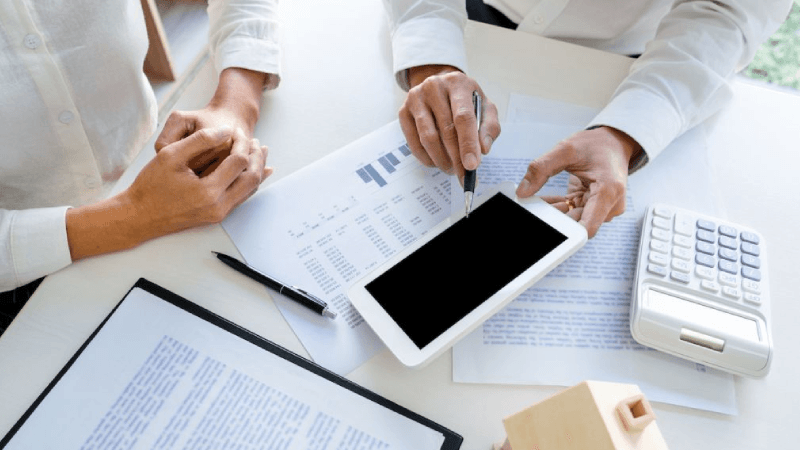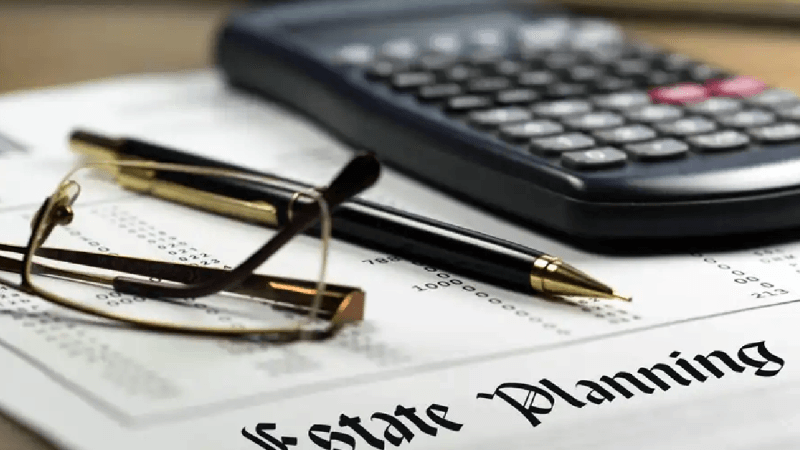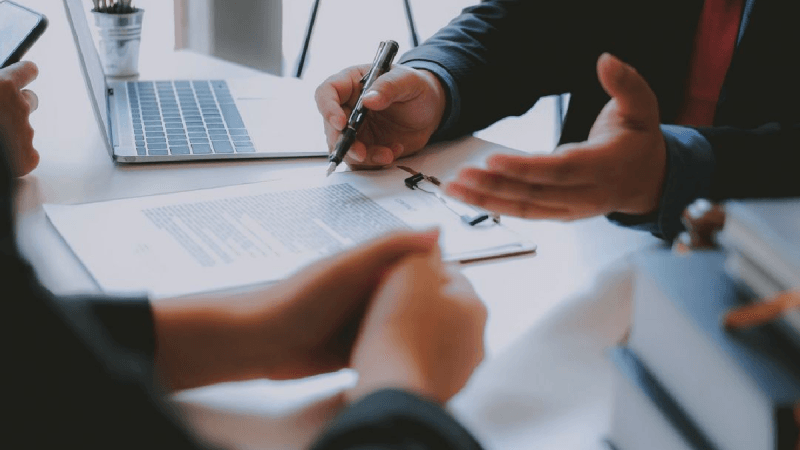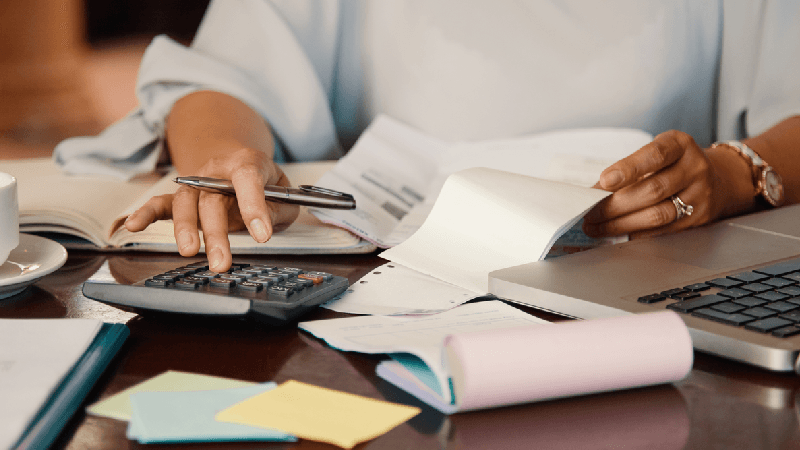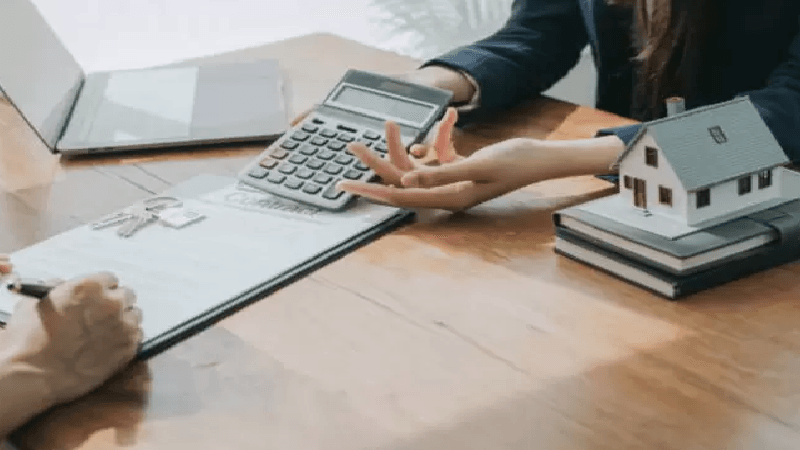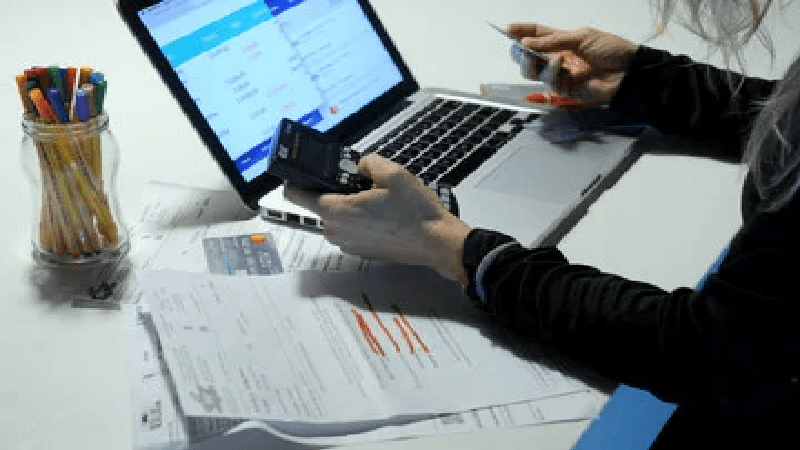
Nowadays, many people are affected by the accumulation of debt, which can lead to complicated financial situations. If you find yourself in this situation, don't worry, there are several ways to reduce your debt and improve your financial situation. In this article we present 5 practical tips to get you started on your way out of debt.
1. Evaluate your current financial situation
Before you start reducing your debt, it's important that you take the time to assess your current financial situation. This includes:
- Making a detailed list of all your debts, including the total amount, interest rate and payment terms.
- Reviewing your credit history for errors or inaccurate information.
- Analyze your monthly income and expenses to determine how much money you can afford to pay your debts.
- Identify spending habits that may be contributing to your indebtedness and look for ways to reduce them.
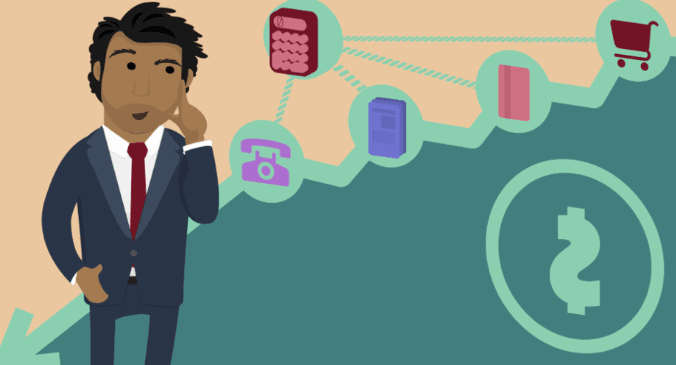
Once you have a good understanding of your current financial situation, you can develop an effective plan to reduce your debt and reach your long-term financial goals.
2. Create a budget and follow a spending plan
One of the most effective ways to reduce your debt is to create a budget and follow a spending plan. To do this, you must first analyze your monthly income and expenses and determine how much money you can devote to paying off your debts.
Then, create a spending plan that allows you to live within your means. This means cutting unnecessary expenses and adjusting your lifestyle to fit your budget.
It is important to be realistic with your budget and not underestimate expenses. It is also advisable to take into account unforeseen events and establish an emergency fund for unforeseen situations.
Once you have your budget and spending plan, commit to following it strictly. Follow up regularly to make sure you are meeting your financial goals and revise your budget if you need to make adjustments. By creating a budget and following a spending plan, you can reduce your debt and take control over your financial situation.
3. Focus on paying off the highest interest rate debts first.
If you have several debts, it is important to prioritize which ones to pay off first. The idea is to focus on the ones with the highest interest rates, since these are the ones that generate the highest financial costs and will be the most difficult to pay off in the future if you don't take action in time.
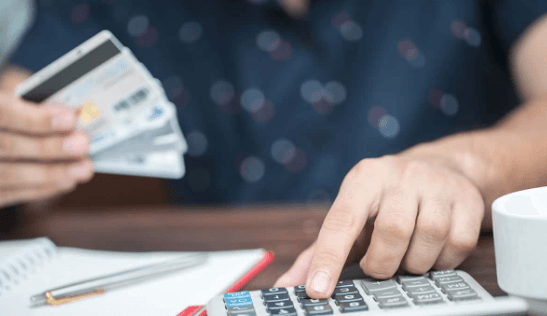
You can make a list of your debts in order of interest rate, and start paying off the one at the top of the list first. If you can increase your monthly payments or make early payments, so much the better. This way, you will be able to reduce your debt faster and save money on interest in the long run.
4. Look for ways to increase your income and reduce your expenses.
An effective way to reduce debt is to increase your income and reduce your expenses. To do this, you can consider actions such as:
- Looking for additional work or doing freelance work in your spare time.
- Selling items you no longer use or need.
- Learning to cook at home instead of eating out.
- Reduce household energy and water consumption.
Remember that every little action counts and can add up to big savings in the long run. Also, once you manage to get out of debt, it is important to continue to maintain a balance between income and expenses so you don't fall back into the same situation.
5. Consider consolidating your debts.
If you have several debts with different creditors, it may be a good option to consider consolidating your debts. This involves taking on a single large debt to pay off all the others, and then making more manageable monthly payments to a single entity.

Debt consolidation can have several advantages, such as reducing monthly payments, simplifying the management of your finances, and lowering your interest rates. However, it is important to do your research before making any decisions and make sure you are working with a reliable and legitimate company.

